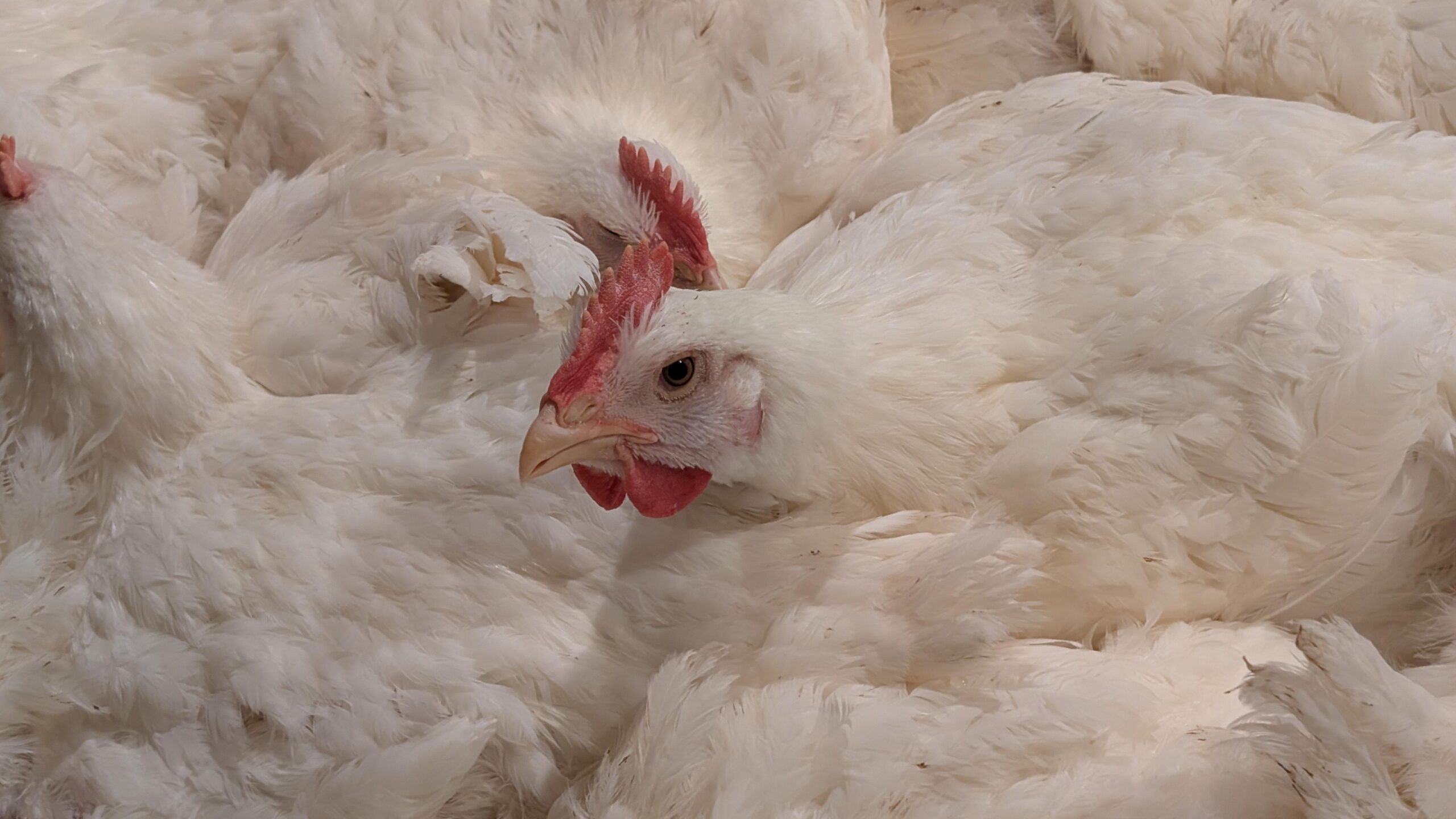The Georgia Tech Research Institute (GTRI) has unveiled two new technologies aimed at improving climate and moisture control in poultry houses. These innovations promise not only to enhance the health of poultry flocks but also to significantly reduce operational costs for farmers.
The first technology focuses on climate control, utilizing advanced sensors and data analytics to monitor and regulate temperature and air quality within poultry houses. This ensures that birds are kept in an optimal environment, which can lead to improved growth rates and overall flock health.
The second innovation addresses moisture control, an often-overlooked aspect of poultry farming. Excess moisture can lead to a variety of problems, including respiratory diseases in birds. By effectively managing humidity levels, GTRI’s system aims to create a healthier living environment for poultry, potentially decreasing mortality rates and increasing productivity.
Both technologies are still in the development phase, with GTRI conducting trials to refine their effectiveness. The institute’s research team is collaborating with industry experts to ensure that these solutions meet the real-world challenges faced by poultry farmers today.
Strong economic implications accompany these advancements. According to industry estimates, effective climate and moisture management can lead to cost savings of up to $50,000 per poultry house annually. This could be a significant benefit for farmers operating on tight margins, making the adoption of such technologies more appealing.
In addition to financial advantages, the health benefits for the poultry also cannot be overstated. Healthier birds not only contribute to better yields but also support enhanced food safety standards, a critical aspect of the poultry industry.
As the global demand for poultry continues to rise, innovations like those being developed by GTRI could play a pivotal role in meeting both economic and health-related challenges in the agricultural sector. The potential for these technologies to transform poultry farming practices underscores the importance of ongoing research and development in agricultural technology.
GTRI’s commitment to addressing these pressing issues reflects a broader trend in the agricultural sector towards the adoption of smart farming technologies. By leveraging data and advanced technologies, farmers can enhance their operations, ensuring sustainability and profitability in an increasingly competitive market.
The poultry industry is poised for significant changes, and with GTRI’s advancements, farmers may soon have the tools necessary to navigate these challenges more effectively. As trials progress and technologies are refined, stakeholders in the agricultural sector will be watching closely for the impact these innovations will have on their operations.








































































